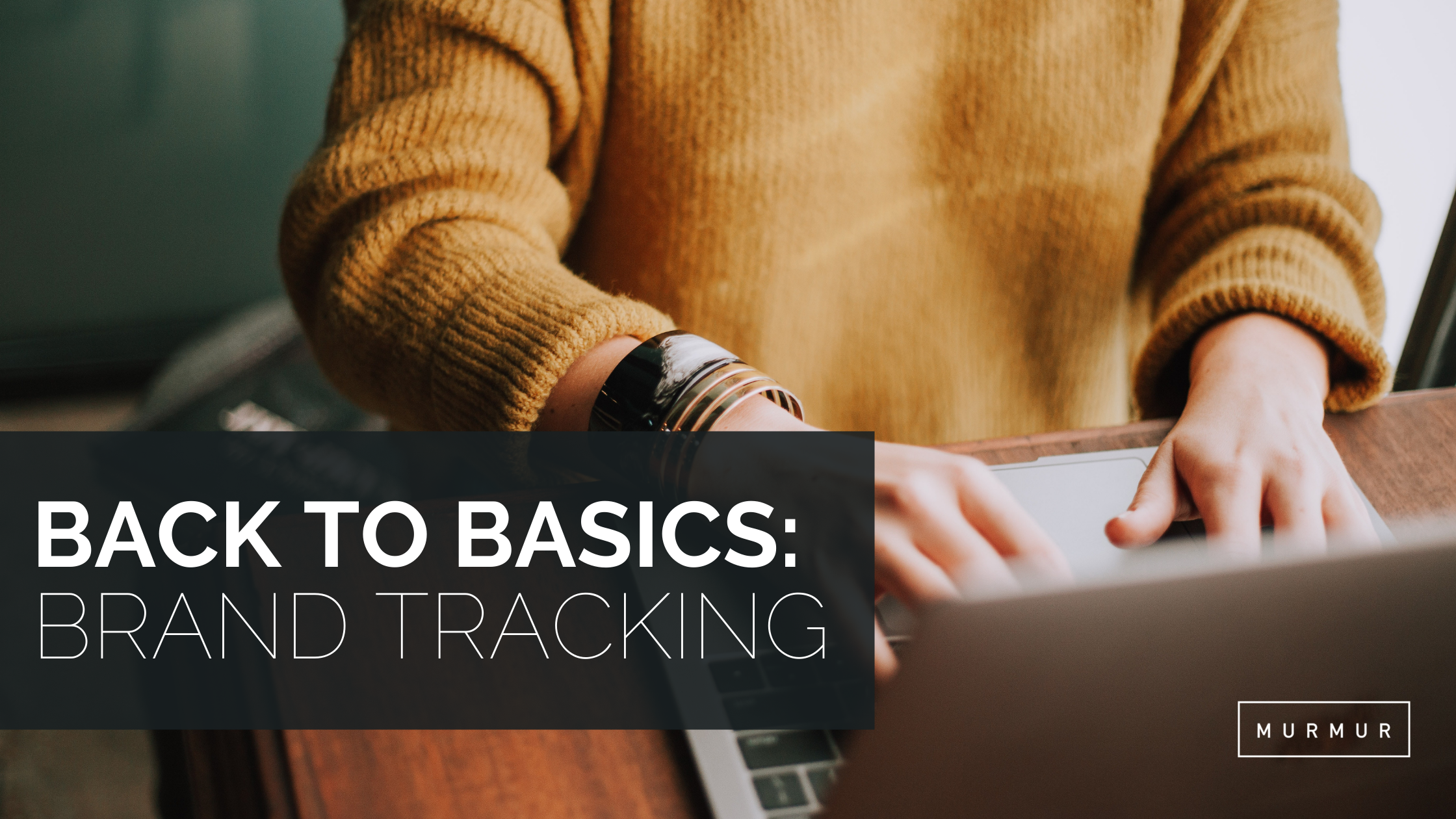Apple’s iOS14 and What It Means For Your Advertising

In recent years digital advertisers have been riding the wave of data-driven hyper-targeting. Businesses have been able to leverage data collected by Facebook and Google to isolate and target consumers at different stages of the marketing funnel. Apple’s privacy updates will allow IOS14 users to opt out of these tracking mechanisms, rendering up to 52% of the Australian mobile market (Statista) invisible to social platforms and businesses that advertise on them.
Beyond free and accurate targeting, the ability to report on conversions and ROI in real-time has seen digital channels, in particular social platforms, become the channel of choice for many direct response brands. However, these policy changes will see many advertisers lose their ability to report on exactly how many conversions their social activity generated.
How will my paid social marketing be affected by the Apple IOS update?
1. Expect your conversions to fall. Audiences on Apple devices will not have their conversion or behavioural information captured, meaning that optimising and reporting on direct response metrics such as conversions, Cost Per Acquisition (CPA) and Return on Ad Spend (ROAS) will not be accurate or real-time.
2. Weakened targeting capabilities. Opt-in Apple users will be excluded from prospecting, Look-a-like (LAL) and retargeting audiences provided by Facebook, meaning marketers will need to adopt broader and less relevant targeting to maintain reach and frequency.
What should I be doing right now?
Facebook has asked businesses to verify their domains and prioritise 8 conversion events to continue collecting information from the trackable population. Any activity optimised to a conversion pixel on a non-verified or un-owned website will be turned off by Facebook.
This means that businesses who sell via 3rd party websites, such as Ticketek, will not be able to record or optimise towards purchase conversion events. These situations will have to rely on accurate analytics shared by partners to report on campaign success. Continue reading about potential impacts and solutions on the official Facebook IOS 14 post.
How can I future-proof my marketing?
While some short-term actions can minimise negative impacts on your Facebook advertising, brands that take this opportunity to develop their first-party data strategy will see long-term success.
Apple’s privacy update is the first move in a string of expected future actions towards a less trackable internet. With advertisers no longer able to harvest data from 3rd parties and cookies, the impetus for targeted advertising lies entirely with the advertiser’s CRM and analytics systems.
For businesses to collect and leverage 1st party data effectively enough to replace the existing 3rd party data, they will need a data strategy. A clear understanding of what information the business has legal and ethical access to, how this information is stored and organised, and how systems can be integrated to create a 360-degree view of customers in the business’s funnel.
While digital advertisers are adjusting to their new ground zero, companies who commit to 1st party data strategies set themselves up for long-term success.
If you want to gain a bespoke understanding of how your business will be affected, and discuss potential technical solutions, reach out to the Murmur team and begin planning the data strategy that will support you in the digital future.



